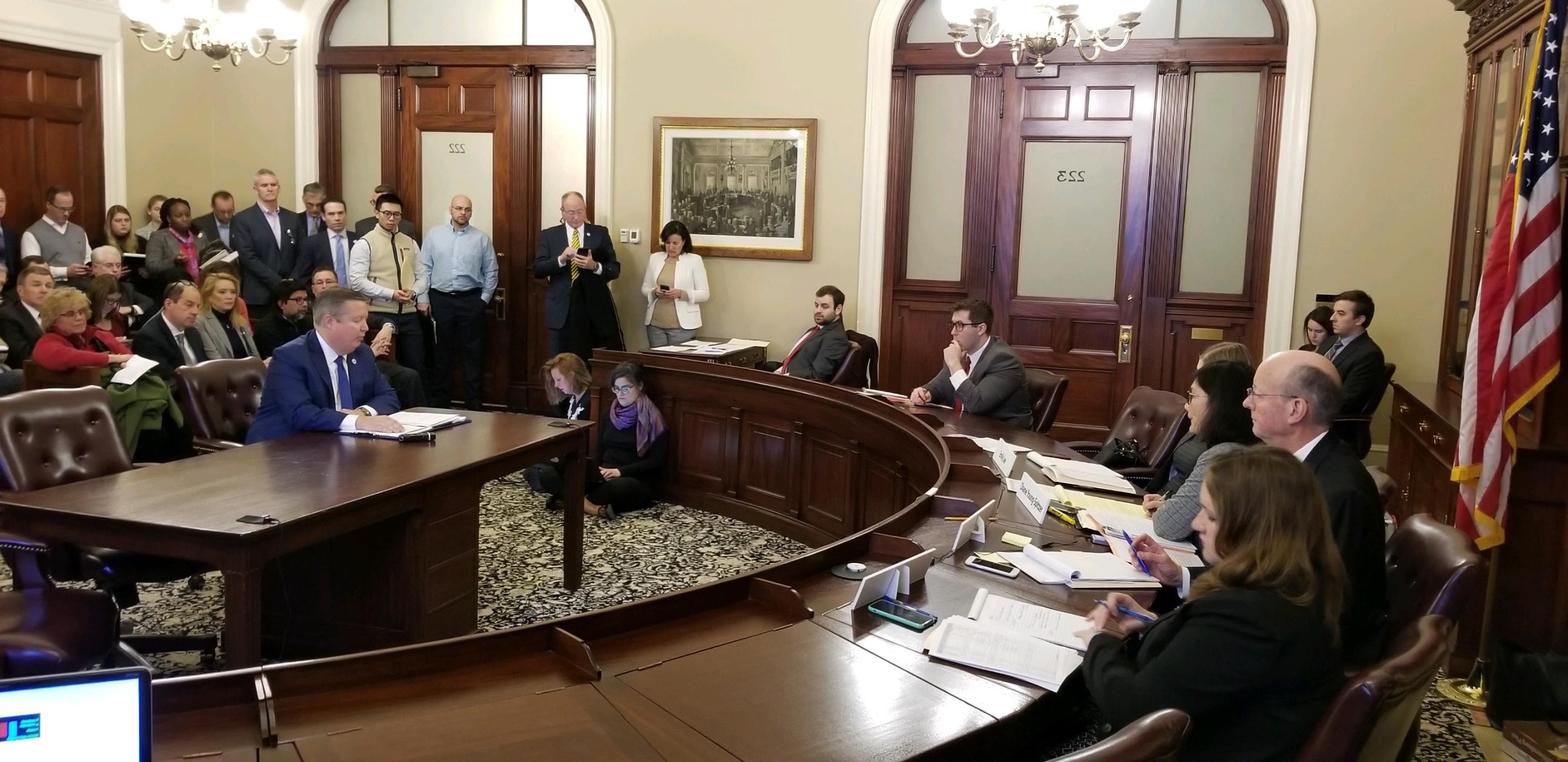A funny thing happened on the way to the final version of the Massachusetts Securities Division’s fiduciary rule for broker dealers and their registered representatives. NAIFA’s grassroots army made their presence known and helped to reshape what could have been a disastrous regulation for insurance and financial professionals and the Main Street consumers who rely on them for products, services, and guidance.
The original Massachusetts proposal would have impacted insurance producers and insurance and annuity products, regulated the use of the title “adviser” by insurance and financial professionals, and broadly required financial professionals’ fiduciary duty to be ongoing, beyond the specific time a recommendation is made or transaction completed.
NAIFA and our NAIFA-Massachusetts chapter engaged on the issue. NAIFA submitted multiple comment letters to the Securities Division, outlining how the proposed rule would impinge upon the jurisdiction of the state Insurance Department and hinder middle-market investors from accessing needed products, services, and guidance. NAIFA members submitted individual letters, as well. CEO Kevin Mayeux testified at a public hearing in Boston, and approximately two dozen members of NAIFA-Massachusetts packed the hearing room to provide support. A NAIFA member also recruited clients to testify at the hearing on how the rule would likely impact them as middle-market investors.
These advocacy efforts prompted the Securities Division to make several important and positive modifications to the final rule.
- The new standard of conduct will not apply to insurance producers or insurance products;
- Title restrictions, such as the presumption of a fiduciary duty being created by someone’s use of titles such as “adviser” are no longer a part of the rule; and
- The instances in which the fiduciary duty will be an ongoing duty (rather than a “snapshot”, at the time of the recommendation/transaction only duty) have been narrowed down.
NAIFA maintains concerns that the Massachusetts fiduciary rule could adversely impact the ability of some small and middle-market investors to work with financial professionals, but thanks to NAIFA’s advocacy the regulation is not nearly as harmful as it might have been.







